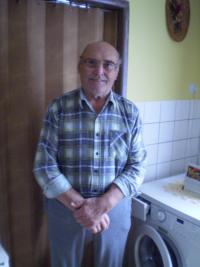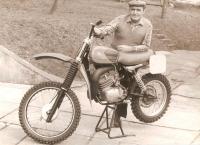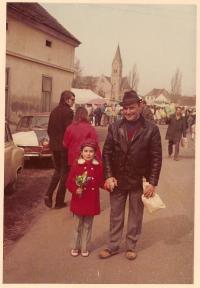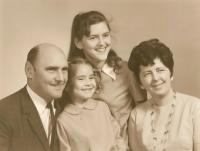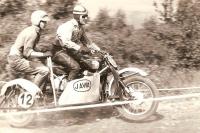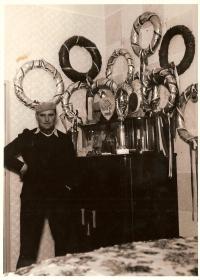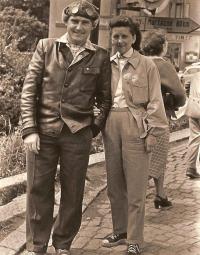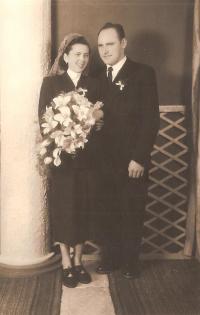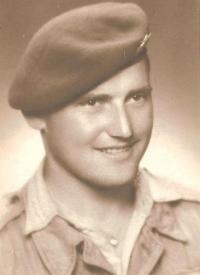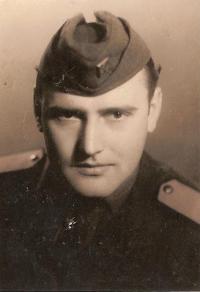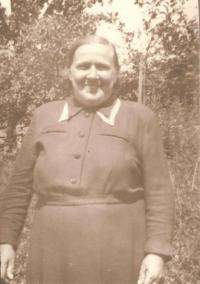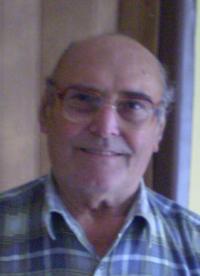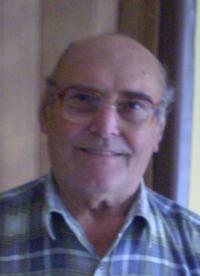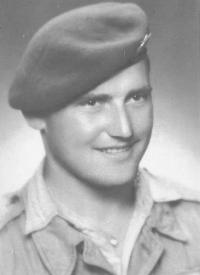Overall I was a pretty decent motorbike racer, considering my options
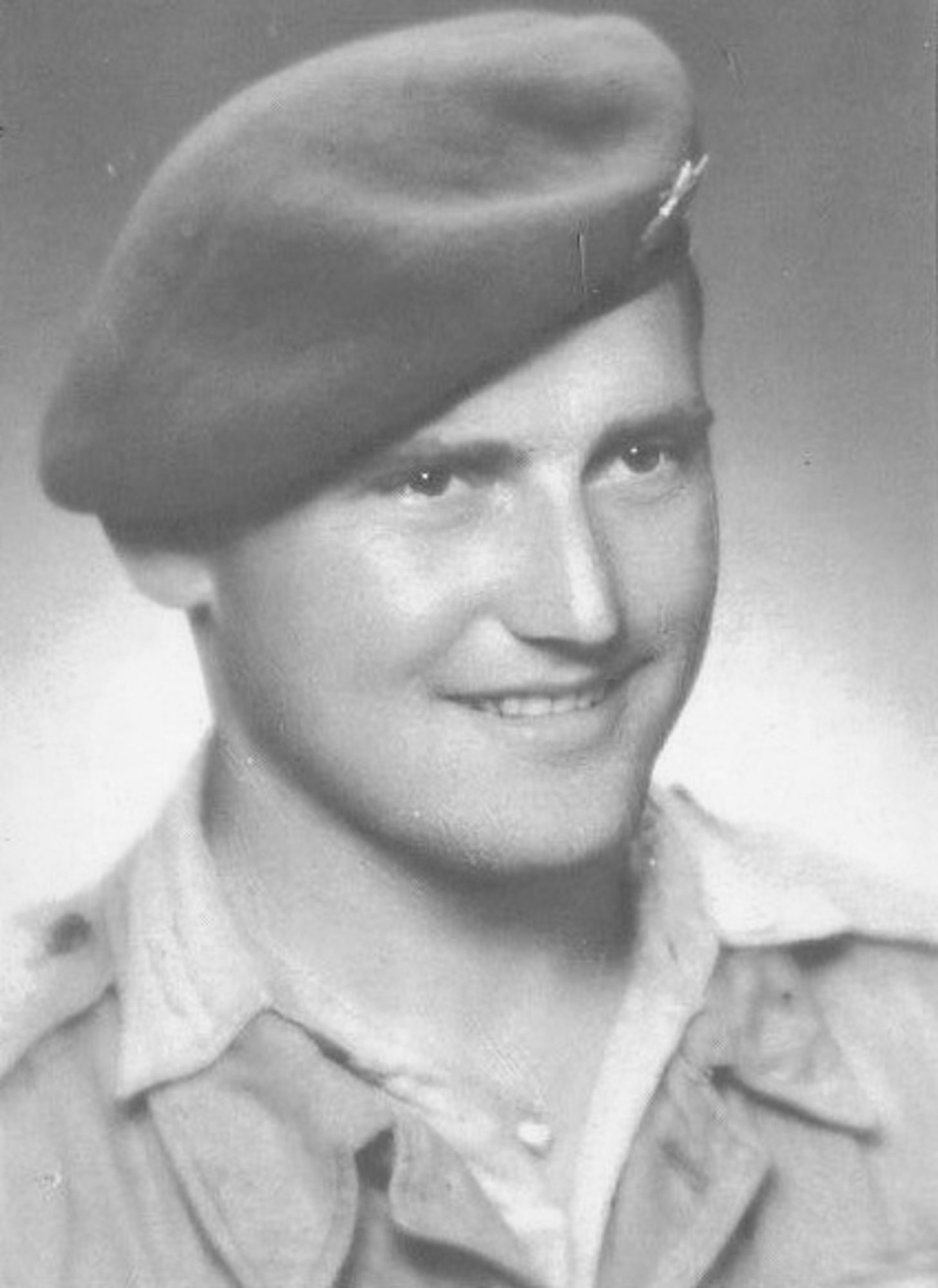
Download image
Jaromír Černý was born on 15 September 1930 in Dobřany near Pilsen. Dobřany were a part of the annexed Sudeten region, and so during World War II the witness attended both Czech and German primary schools. After the liberation in 1945 he trained as a vehicle repairman and worked in a repair shop for cars and motorcycles. He served in a paratrooper battalion in Slovakia during the 1953 currency reform, and he helped the army deal with the logistics of changing the old currency for new. Jaromír Černý participated in numerous motorbike races, both on road and off track.
